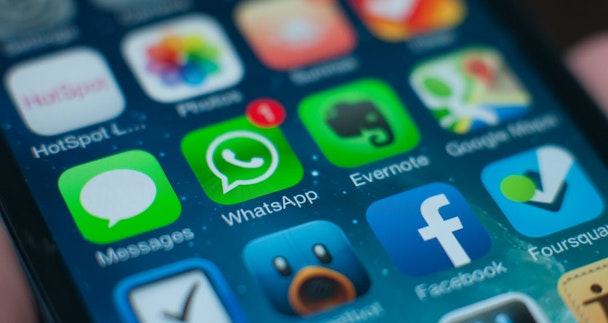A decade on most people still wouldn’t care if 74% of brands disappeared, finds Havas
In 2008, Havas revealed that most people wouldn’t care if 74% of brands disappeared. It was a statistic that shook brand marketers and one which has since been endlessly rattled off at industry conferences. But for all the talk, a decade on that figure hasn't moved.

Whatsapp tops Havas' Meaningful Brands survey
The Meaningful Brands survey from the agency group is the largest global study of its kind, spanning 33 countries and involving 300,000 people and 1,500 brands.
It seeks to connect the relationship between a brand and how it impacts people’s quality of life by looking at the content it produces, how meaningful that is to consumers and ultimately how well it performs financially.
According to Havas, ‘Meaningful Brands’ outperform the stock market by 206% (up from 133% in 2015), increase their share of wallet by 48% and ensure up to 137% greater returns on KPIs.
This year, Google, PayPal, and WhatsApp topped its global rankings, followed by YouTube, Samsung, Mercedes Benz, Nivea, Microsoft, Ikea and Lego.
In the UK, WhatsApp dominates but Nationwide, the BBC, PayPal, FreeView and Samsung make up the remaining top five spots.
However, this has been underpinned by the finding that people remain sceptical of brands. 75% of people expect brands to make more of a contribution of well-being and quality of life yet only 40% of people believe brands are actually doing so.
“These results give us the same kind of wake-up call we delivered back in 2008 when we demonstrated that most people wouldn’t care if 74% of brands disappeared,” said Yannick Bollore, chief executive of the Havas Group.
“For 2017, we see two new statistical facts; content’s critical role in creating brands which are meaningful to people and the under performance in this area.”
In fact, the study revealed that the vast majority of people (84%) expect brands to product content yet 60% of all content produced by brands is poor, irrelevant or fails to deliver.
Havas defined good content as being created to "inspire, entertain, educate, inform, help and reward".
Despite there being a 71% correlation between content effectiveness and a brand’s impact on personal well-being, only 40% of the world’s leading 1,500 brands produce content that meets requirements.
“The data is clear, brands must rapidly become better at seizing the opportunities that good content can offer – or they – and the advertising industry that supports them – will struggle to surive,” continued Bollore.

